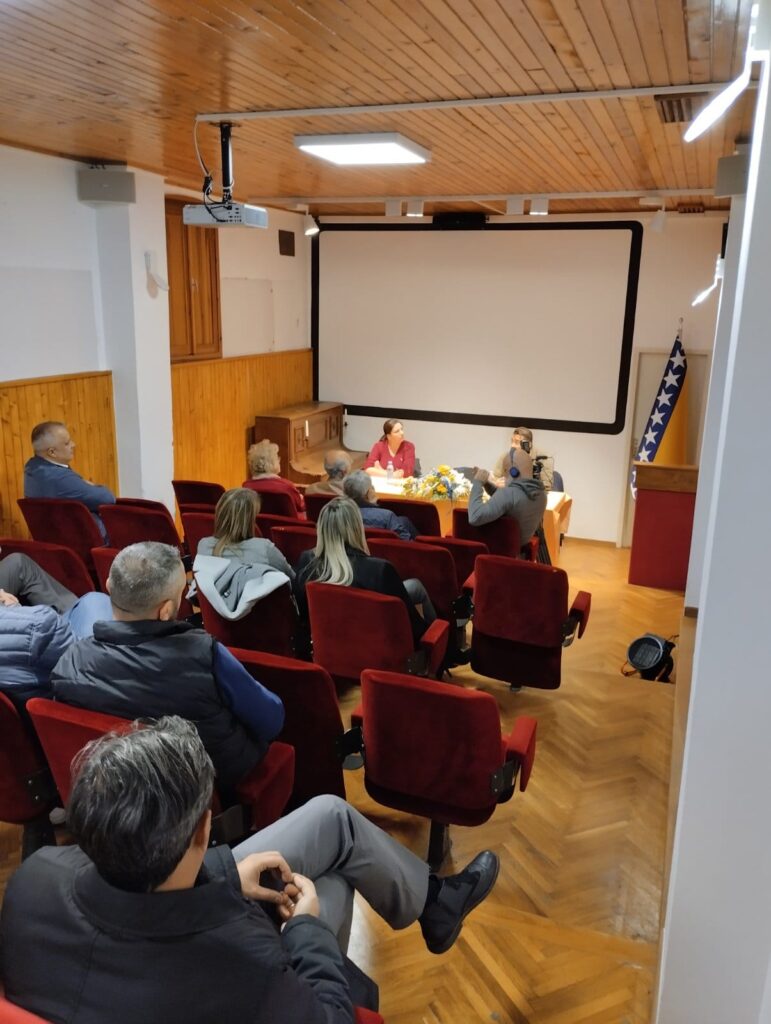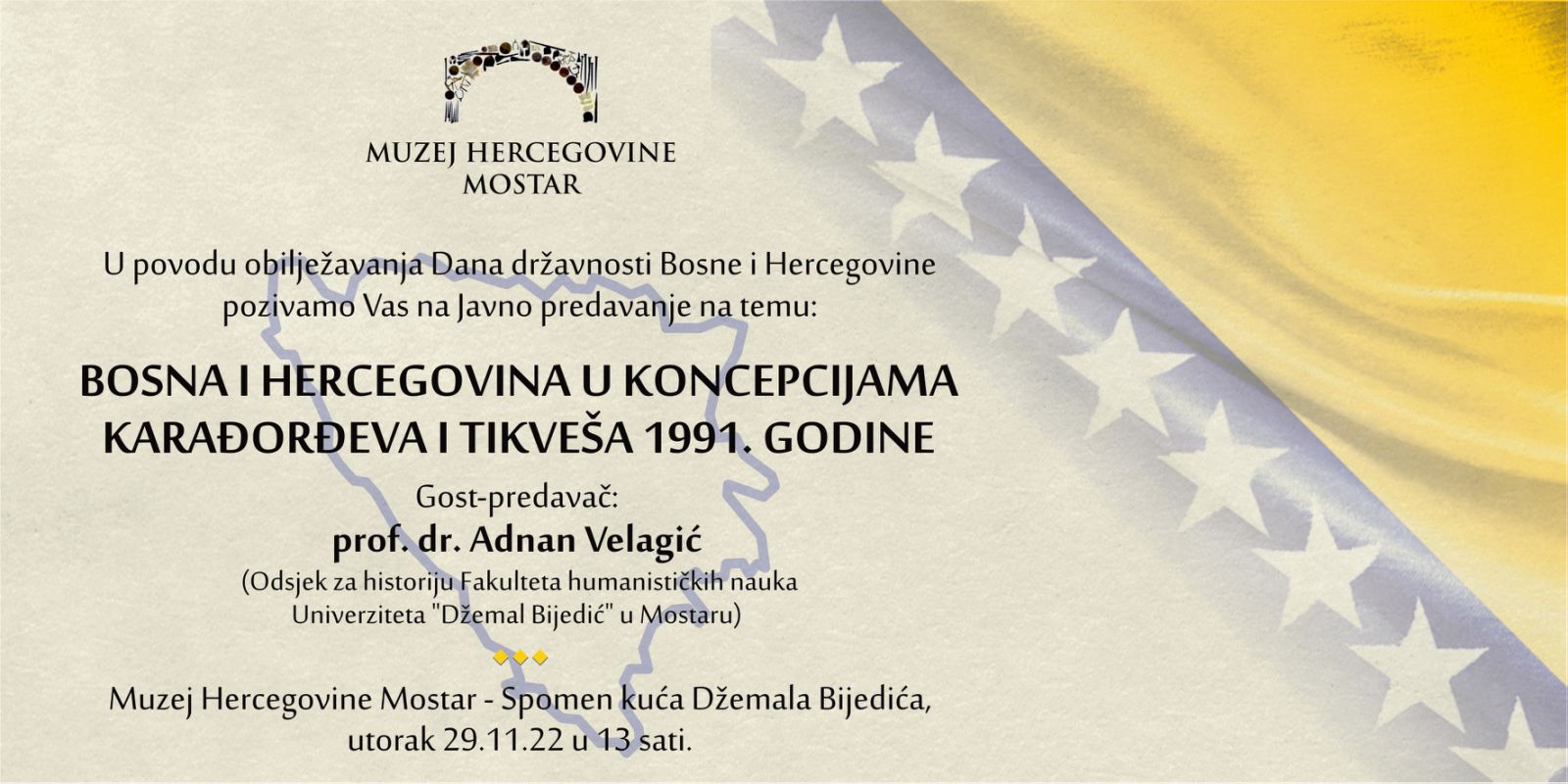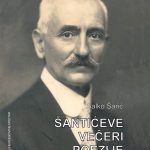The lecture on the topic “The rise and fall of the tobacco industry in Herzegovina” was held today at the Herzegovina Museum by historian, publicist and engaged social worker Dragan Markovina. However ephemeral this topic may seem in the current social moment, he emphasized , it is common in all of Herzegovina both from the historical aspect and from the aspect of strengthening economic potential. “It is clear to me that heavy industry is ruined and that its time has passed, but it is completely unclear to me that a region like this, with a rich tradition of growing tobacco, at a time when there is a trend of returning to nature throughout the world, does not pay attention to this culture at all and that it all failed, especially if we bear in mind that the raw material grows here in abundance”, emphasized Markovina. He assessed that some new bridges could be built between local peoples and societies through tobacco.
He thematized the topic in several segments from the arrival of culture to the territory of Herzegovina via Neum and Ottoman ships, about which there are relevant documents in the Dubrovnik archive, through the development of the quality of tobacco, because Herzegovinan tobacco was known in a wider world framework, as is the case with Herzegovina Flour , then illegal sales and smuggling, state monopoly, opening and construction of tobacco buying stations. “Unfortunately, in recent decades, these buildings have been abandoned, sometimes mysteriously set on fire, demolished or allowed to be eroded by the ravages of time. When I read the news that one such station in Čapljina will be demolished, I noticed that no one in public said a single word. I thought that it would be great, if there is already no production, to restore it and define it as a heritage value, where two or three people will work, where you can sell souvenirs, open a restaurant or anything so that the building remains a public good and is not privatized” , emphasized Markovina, citing a number of examples in Europe where former industrial buildings have been turned into museum spaces, where various cultural contents take place in modern interiors.
“We here have not yet come to the idea that industrial heritage is something worth preserving. Here it is still considered a legacy of socialism even though the tobacco stations are older than that period. “Zagreb has several exhibitions about industrial heritage, where you can recognize the story of Zagreb’s Jews, who were largely the owners of those industries, or the story of Zagreb’s Serbs,” said Markvoina. He then reminded of the fact that Mostar has nothing, at least in an anthropological sense, that would preserve the collective memory of Mostar as a serious industrial city where large industrial plants such as aluminum processing factories, SOKO, HEPOK, etc. were located.
“Mostar, the whole of Herzegovina lives in a complete negation of its own architectural past”, said Markovina, suggesting the need to revalue industrial architecture in the socialist and Austro-Hungarian periods. During his lectures, he also initiated further research on this topic, the establishment of a public museum of Herzegovinian tobacco and a permanent exhibition of cigarette packaging design as well as processing and social humanistic research, whether it is about literary works or in general about everyday events in which tobacco is treated as a of important and essential topics.
















